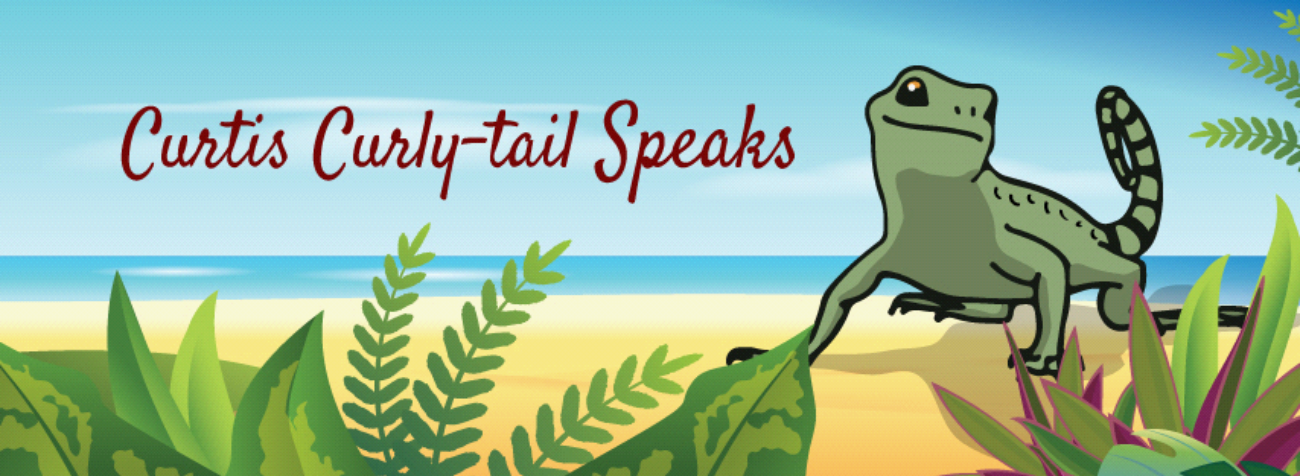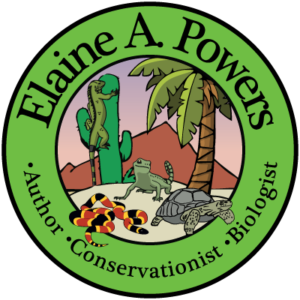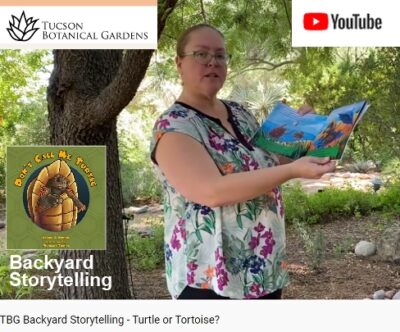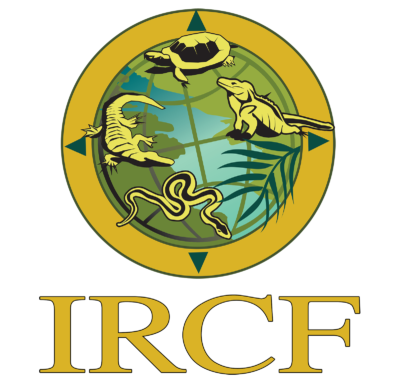This website uses cookies so that we can provide you with the best user experience possible. Cookie information is stored in your browser and performs functions such as recognising you when you return to our website and helping our team to understand which sections of the website you find most interesting and useful.
Countries Across the World Work Together to Conserve the Natural World through the IUCN
The IUCN (International Union for Conservation of Nature) is the global authority on the state of the natural world and the measures that are needed to protect it. The IUCN mission statement is:
Governmental and civil organizations (1300 altogether!) work to enhance economic development and nature conservation—the two aren’t mutually exclusive. The IUCN provides a neutral forum for member organizations to be heard, and members vote democratically on resolutions concerning global conservation initiatives. Thousands of experts are involved in their important work, and author Elaine A. Powers is part of the Iguana Specialist Group of the IUCN. Many iguana species are among the most endangered animals and this group looks after the big lizards.
“Influence, encourage and assist societies throughout the world to conserve the integrity and diversity of nature and to ensure that any use of natural resources is equitable and ecologically sustainable.”
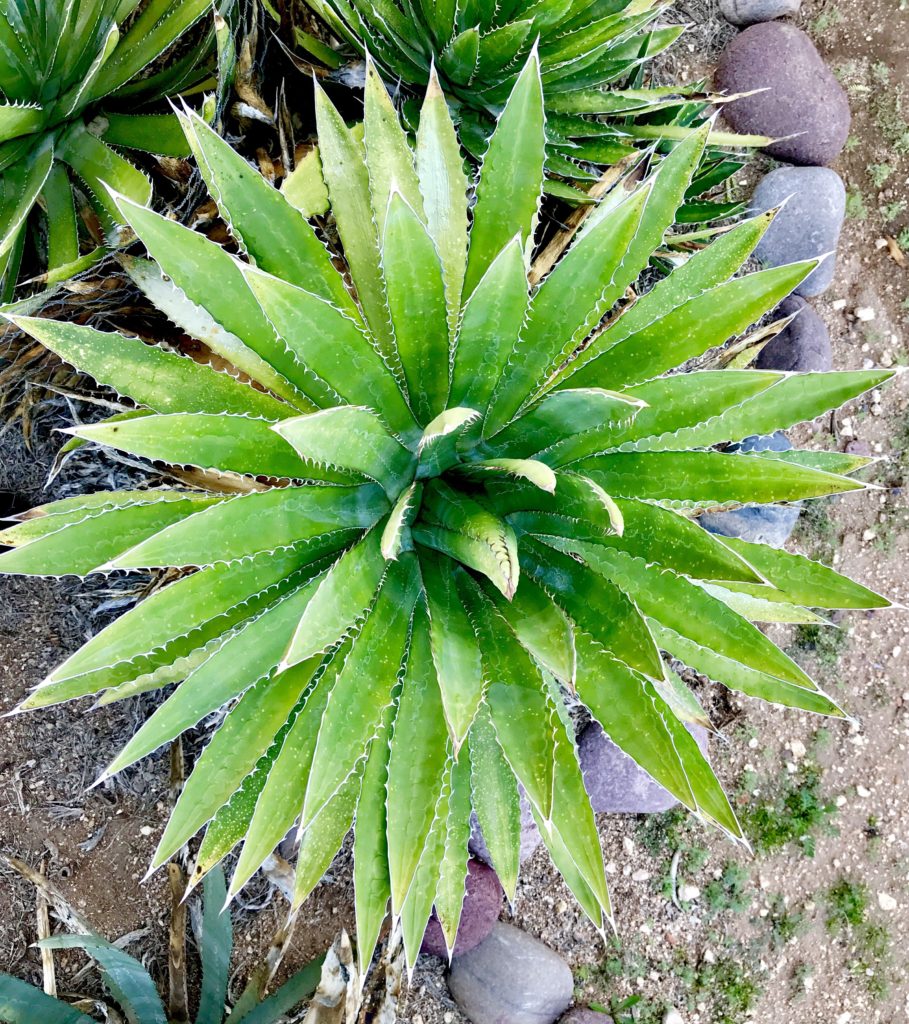
You might have heard of CITES, the Convention on International Trade in Endangered Species. Animals whose existence is threatened are listed in the IUCN Red List.Information can be found on those animals, including how endangered the species is and why. Is it threatened or nearly extinct? The IUCN works to see the populations of these animals recover so they can be removed from the Red List.
Iguanas are important for ecosystem health due to their role as seed dispersers for many native plants. These large lizards are threatened by habitat degradation, by human development and the introduction of invasive species. In addition, iguanas are hunted for human use.
The ISG recommends and enacts immediate and effective measures to conserve iguanas globally. The IUCN is a wonderful example of countries around the world working together for conservation.
To learn about our latest science-based children’s books and workbooks, to read our latest blog posts about reptiles, birds, cats, and gardening, in a variety of locations, and about how the books come to be, what inspires an author to write, and many more interesting aspects of the publishing business, fill in the box below and we will add you to our email list.
Thank you!
